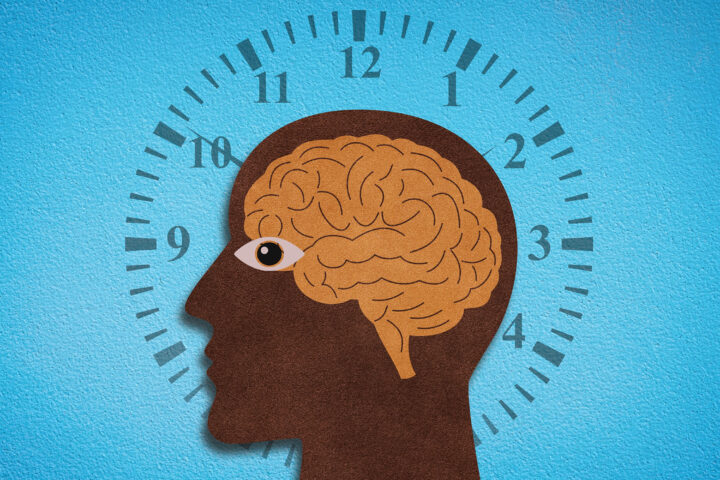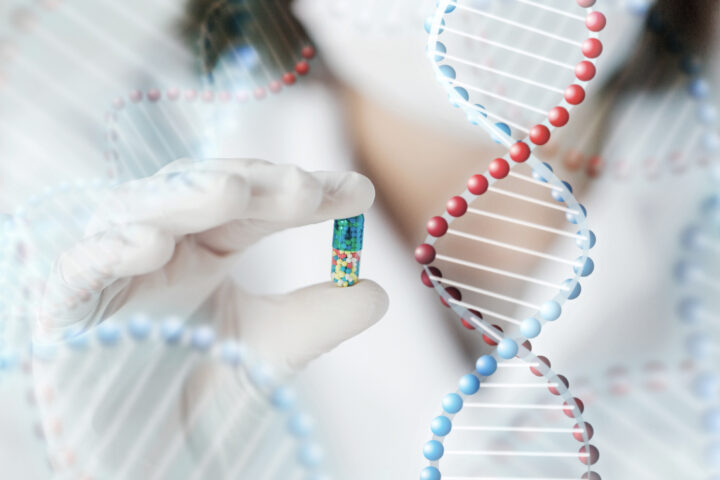The Quest for the Fountain of Youth
In the relentless pursuit of longevity, scientists are diving deep into the biological processes that define aging. A key player in this research is the study of biomarkers—measurable indicators that give insights into the complex mechanisms behind aging. Think of them as the body’s “status updates,” offering clues about our health, how fast we are aging, and how interventions might slow or even reverse this process. This blog explores the latest advancements in the field of aging biomarkers, including some fascinating breakthroughs that could redefine how we think about getting older.
The Epigenetic Clock: A Revolutionary Timekeeper
Let’s start with one of the most talked-about tools in aging research: the epigenetic clock. This molecular clock measures biological age by analyzing patterns of DNA methylation—a process that regulates gene expression without altering the DNA sequence. As we age, certain genes get turned on or off in a predictable manner, which is reflected in these methylation patterns.
Recent research has revealed significant developments in the accuracy and application of epigenetic clocks. A groundbreaking study from the University of Glasgow introduced the Glasgow-Karolinska Clock, a new epigenetic clock that outperforms earlier versions by providing accurate age assessments across both healthy and diseased tissues. This clock has been particularly useful in studying patients with chronic kidney disease, where it revealed that these patients are biologically older than their chronological age—a finding that aligns with clinical observations. The implications are huge: this clock could become a gold standard for measuring biological age in clinical settings, helping doctors tailor treatments to individual aging profiles (Med Xpress).
The Metabolome and the Senescence-Associated Secretome: A Molecular Crystal Ball
Beyond epigenetics, another exciting frontier in aging research lies in the study of the metabolome and the senescence-associated secretome. These terms may sound like something out of a sci-fi novel, but they are actually vital components in the science of aging.
The metabolome refers to the complete set of small molecules, like sugars and fats, present in our bodies. The senescence-associated secretome is a collection of proteins secreted by cells as they age, often contributing to inflammation and tissue degradation. Together, these factors form a molecular “fingerprint” that can predict biological age and susceptibility to age-related diseases.
A recent study identified a molecular index based on these factors, offering a highly accurate method for determining biological age. The study, published in Aging Cell, found that specific changes in the metabolome and secretome were closely linked to aging and could predict the onset of age-related conditions. This discovery not only enhances our understanding of aging but also opens the door to personalized interventions that target these molecular changes (ScienceDaily).
The Challenges of Biomarker Standardization: Not All That Glitters is Gold
While the progress in biomarker research is impressive, it’s not without its challenges. One major issue is the lack of standardization across studies. Different research teams often use different biomarkers, making it difficult to compare results and draw consistent conclusions. This is particularly problematic when trying to develop universal aging interventions.
For instance, while epigenetic clocks are promising, their accuracy can vary depending on the population being studied and the specific tissues analyzed. Some clocks may work well in one context but falter in another, as evidenced by the discrepancies found in earlier versions before the advent of the Glasgow-Karolinska Clock. To address this, researchers are advocating for a standardized framework that can evaluate and validate biomarkers across different settings, ensuring they are reliable and applicable in real-world scenarios (SpringerLink) (Med Xpress).
Conclusion: A New Era of Aging Research
The study of aging biomarkers is ushering in a new era where the aging process is no longer a mystery but a map—a map that scientists are learning to read with increasing accuracy. From epigenetic clocks that offer precise age assessments to molecular indices that predict disease onset, the tools of today could become the standard of tomorrow. As this research continues to evolve, it holds the promise of not just extending lifespan but enhancing healthspan—the number of years we live in good health.
In a world where everyone wants to live long and prosper, understanding the science of aging biomarkers could be our closest bet to finding the real-life Fountain of Youth.
References:
- University of Glasgow study on the Glasgow-Karolinska Clock’s application in chronic kidney disease patients.
- University of Pittsburgh’s findings on the molecular fingerprint of aging based on the metabolome and senescence-associated secretome.
- Fight Aging! review on the challenges of biomarker standardization and the current landscape of aging research.












